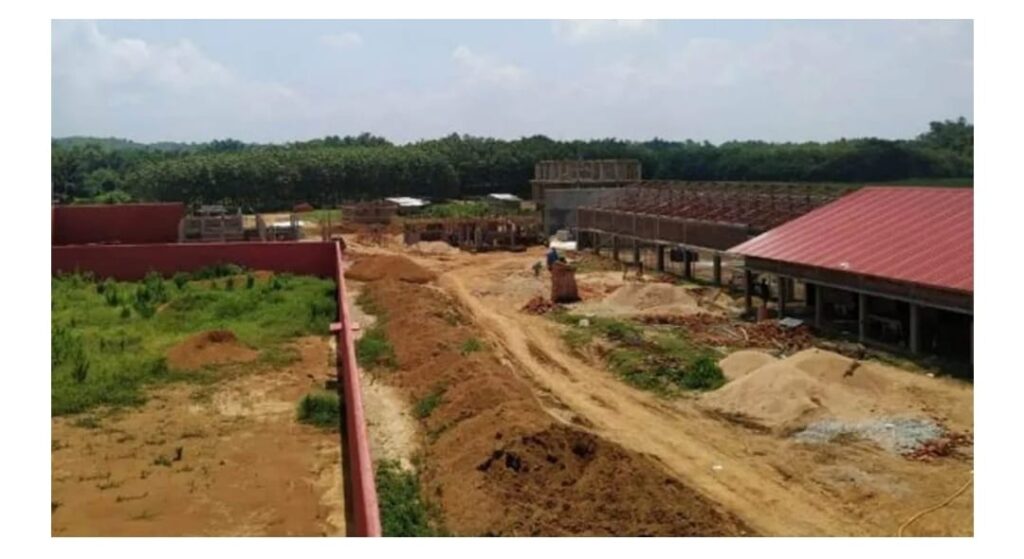Guwahati: In a recent development, a group of 23 Bangladeshi nationals, including four minors, has been relocated from Karimganj district jail to the Matia transit camp in Goalpara district, Assam. The move has ignited discussions and raised questions about the ongoing challenges surrounding illegal immigration in the region.
The decision to shift the Bangladeshi individuals, whose identities have not been disclosed, was reportedly taken as part of efforts to streamline the process of handling cases related to undocumented immigrants. With this relocation, the authorities aim to consolidate the management of such cases in a dedicated facility, potentially improving coordination and ensuring a more efficient legal procedure.
The transfer of the individuals from Karimganj, situated in the southern part of Assam, to Goalpara, located in the western region of the state, has drawn attention to the complex issue of illegal immigration. Assam, sharing a porous border with Bangladesh, has long grappled with the challenges posed by undocumented migrants.
While the specific circumstances surrounding the relocation remain unclear, this development highlights the need for a comprehensive and sustainable approach to address the issue of illegal immigration. Assam has witnessed historical tensions related to citizenship and identity, resulting in periodic unrest and political debates.
The authorities in Assam have been actively working on identifying and addressing the concerns related to illegal immigration. Efforts have been made to update the National Register of Citizens (NRC) to verify the citizenship status of residents in the state. Additionally, detention centers have been established to hold individuals suspected of being illegal immigrants until their cases are resolved.
However, the situation remains complex, with challenges such as the identification and repatriation of undocumented migrants, concerns over human rights, and the socio-economic impact on both the state and the migrants themselves. Balancing these various aspects while ensuring a fair and just resolution to the issue remains a significant challenge for the authorities.
The relocation of the 23 Bangladeshi nationals from Karimganj to Goalpara is expected to contribute to a more focused management of the cases, potentially expediting legal proceedings and fostering better coordination between concerned authorities. However, it also underscores the need for sustained efforts to address the root causes of illegal immigration and find lasting solutions.
As the discussions around the issue continue, stakeholders will be closely observing the outcomes and potential implications of this relocation. The incident serves as a reminder of the complex nature of the problem and the importance of a multi-faceted approach that encompasses legal, humanitarian, and socio-economic considerations in order to find a sustainable resolution to the challenges posed by illegal immigration.

